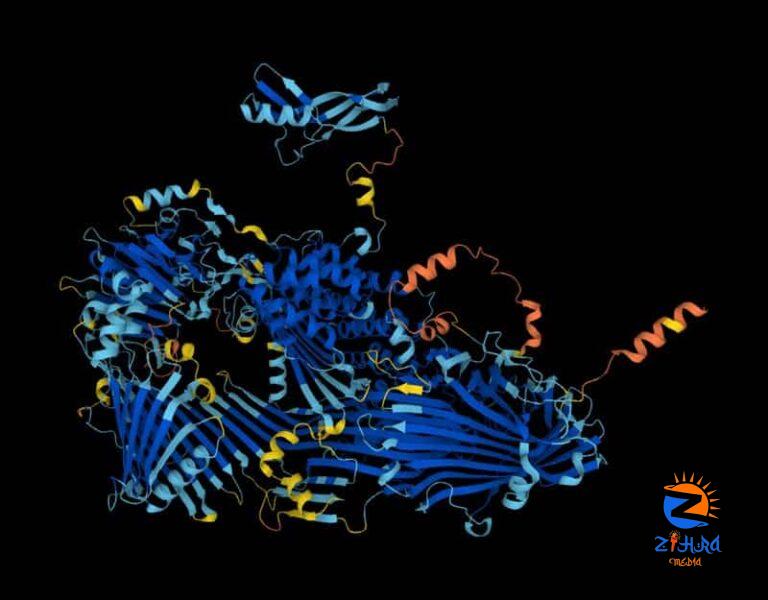
[ad_1]
Using an artificial intelligence (AI) network, an Alphabet-owned artificial intelligence research company has published the structures of nearly all proteins, the building blocks of life, of more than 200 million from bacteria to humans.
The publication of all proteins is being hailed as revolutionary for AI as it is being tipped as a potential treasure trove for drug development and evolutionary studies.
AI-powered predictions of the three-dimensional structures of nearly all cataloged proteins known to science have been made by DeepMind, a tool developed by Google’s London-based AI company, and European Bioinformatics Institute (EMBL-EBI), an intergovernmental organization near Cambridge, UK.
The catalog is freely and openly available to the scientific community, through the AlphaFold Protein Structure Database.
Proteins are large, complex molecules that play many critical roles in the body. They do most of the work in cells and are required for the structure, function, and regulation of the body’s tissues and organs. Hence, they are referred to as the building blocks of life.
Proteins are made up of hundreds or thousands of smaller units called amino acids, which are attached to one another in long chains.
For example, when Covid vaccine was prepared, the biologists analysed the protein of Sars-Cov-2 in order to design antibodies and neutralise the protein’s ability to infect more cells. This three-dimensional information is mostly gathered using cryo-electron microscopes.
“We’re releasing now the structures for the whole protein universe,” Demis Hassabis, founder and CEO of DeepMind, said during a press conference in London.
At the press conference, deputy director general of EMBL Ewan Birney said the DeepMind structure release is “remarkable,” and that “it will make many researchers around the world think about what experiments they can now do.”
“Being able to ‘just download’ the whole prediction set is going to – I am sure – stimulate entirely new research directions. As important is the on-demand ‘oh I am going to make a mutation on my protein, I wonder where it is on the structure’ for … every known protein,” Birney later said in a tweet.
The proteins decoded by AlphaFold comprise a range of organisms from bacteria to plants to vertebrates, including mice, humans and zebrafish.
Kathryn Tunyasuvunakool, a DeepMind research scientist, said it took their AI tool around 10 to 20 seconds to make each protein prediction, reports Science.org.
She added that the AI company had to work closely with EMBL-EBI to figure out how to present the immense number of structures in the database.
DeepMind says more than 500,000 researchers have already used the database since its launch last year.
(With inputs from agencies)
[ad_2]